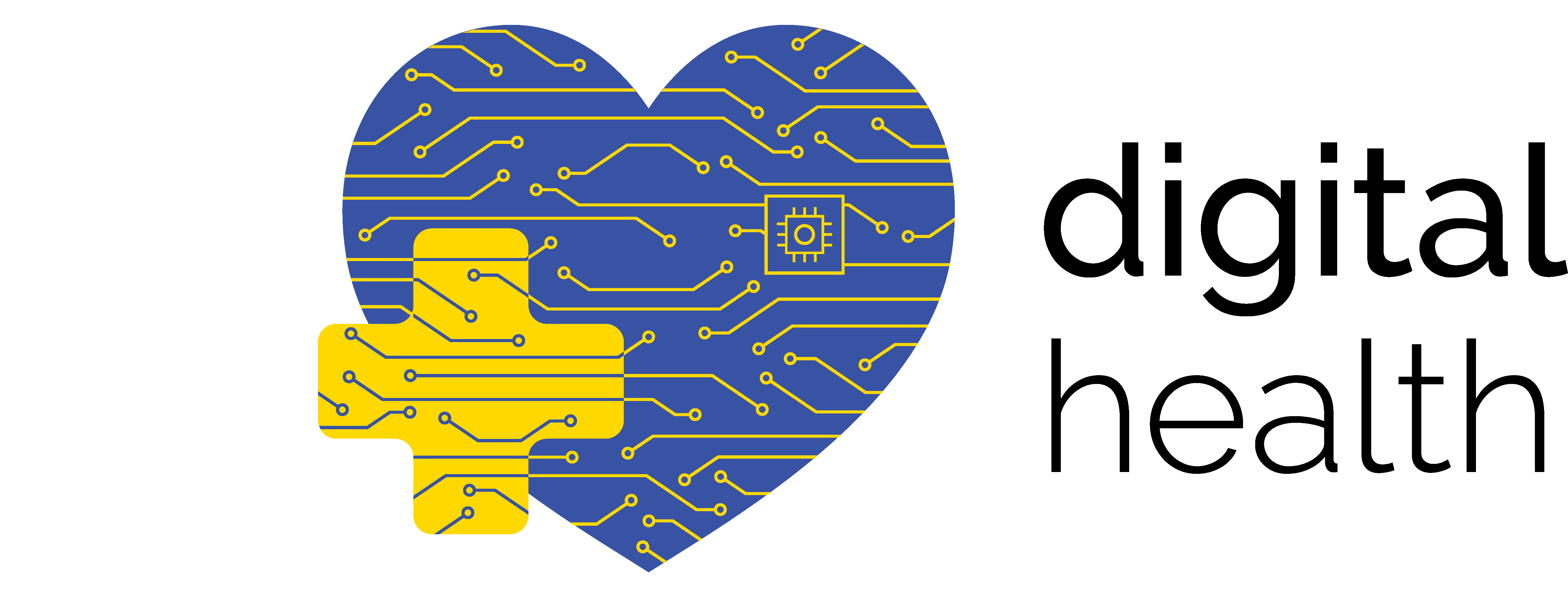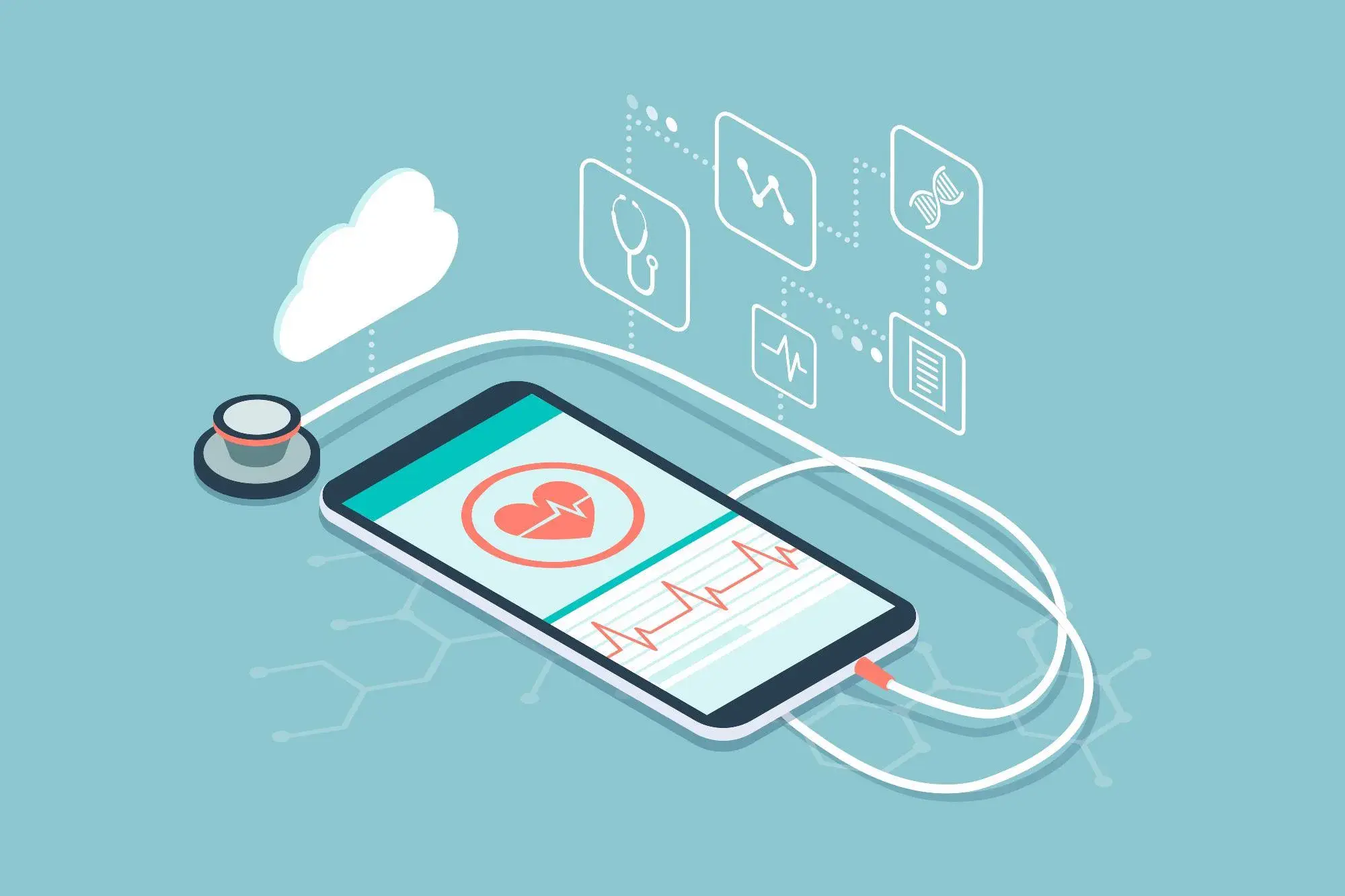
The Rise of Telemedicine in Healthcare
Telemedicine is revolutionizing patient care by allowing individuals to consult with healthcare providers remotely. Through video consultations, remote monitoring, and online prescription services, telemedicine is improving accessibility, especially in underserved areas.
| Technology | Key Benefits | Price Range |
|---|---|---|
| Telemedicine Platforms | Reduces the need for in-person visits, expands access | Subscription-based or pay-per-use |
| Remote Monitoring Devices | Tracks patient vitals, manages chronic conditions | $50 - $300 per device |
| Online Prescription Systems | Convenient and safe prescription refills | Subscription or per transaction |
The Impact of Artificial Intelligence in Healthcare
Artificial intelligence (AI) is making waves in healthcare by enhancing diagnostic accuracy, predicting disease outbreaks, and optimizing treatment plans. AI-powered tools, such as machine learning algorithms and natural language processing (NLP), are now being used to analyze medical data faster and more efficiently than ever before.
| AI Application | Impact | Use Case |
|---|---|---|
| AI Diagnostics | Assists doctors in identifying diseases quicker | Radiology image interpretation, pathology analysis |
| Predictive Analytics | Helps predict patient outcomes and hospital readmissions | Disease management and prevention strategies |
| Virtual Health Assistants | Offers real-time patient support and information | Personalized healthcare guidance, appointment scheduling |
Wearable Technology in Healthcare
Wearables such as fitness trackers, smartwatches, and ECG monitors are becoming integral to personal health management. These devices provide real-time data that can be used for both fitness tracking and medical monitoring, allowing for early detection of potential health issues.
| Wearable Technology | Benefits | Price Range |
|---|---|---|
| Smartwatches | Tracks heart rate, sleep patterns, and physical activity | $100 - $400 |
| ECG Monitors | Provides continuous ECG monitoring for heart health | $150 - $300 |
| Fitness Trackers | Monitors steps, calories burned, and activity levels | $30 - $150 |
Digital Health Records and Data Management
Digital health records are revolutionizing the way healthcare providers store and access patient information. By adopting electronic health records (EHR) and health information exchange (HIE) platforms, providers can improve the accuracy of diagnoses, reduce administrative errors, and streamline patient care.
| EHR System | Benefits | Key Players |
|---|---|---|
| Cloud-Based EHR Systems | Facilitates data sharing and access anytime, anywhere | Epic Systems, Cerner, Allscripts |
| Patient Data Integration | Combines patient data from multiple sources for comprehensive care | Reduces duplication of tests, improves coordination |
The Role of Blockchain in Healthcare
Blockchain technology is making its mark in healthcare by offering secure, transparent, and tamper-proof data management solutions. From protecting patient privacy to enabling secure medical records exchanges, blockchain ensures that sensitive healthcare data remains protected.
| Blockchain Application | Benefits | Use Case |
|---|---|---|
| Blockchain for Medical Records | Enhances security, prevents unauthorized access | Patient health data storage and sharing |
| Blockchain for Supply Chain | Tracks the authenticity of medications and equipment | Prevents counterfeit drug circulation |
Conclusion: The Future of Healthcare is Digital
As we move into 2025 and beyond, digital health will continue to play an essential role in shaping the future of healthcare. With advances in telemedicine, AI, wearable technology, and digital health records, the industry is set to become more patient-centric, efficient, and accessible. Embracing these technologies will be key for healthcare providers who want to stay ahead in an increasingly digital world.






